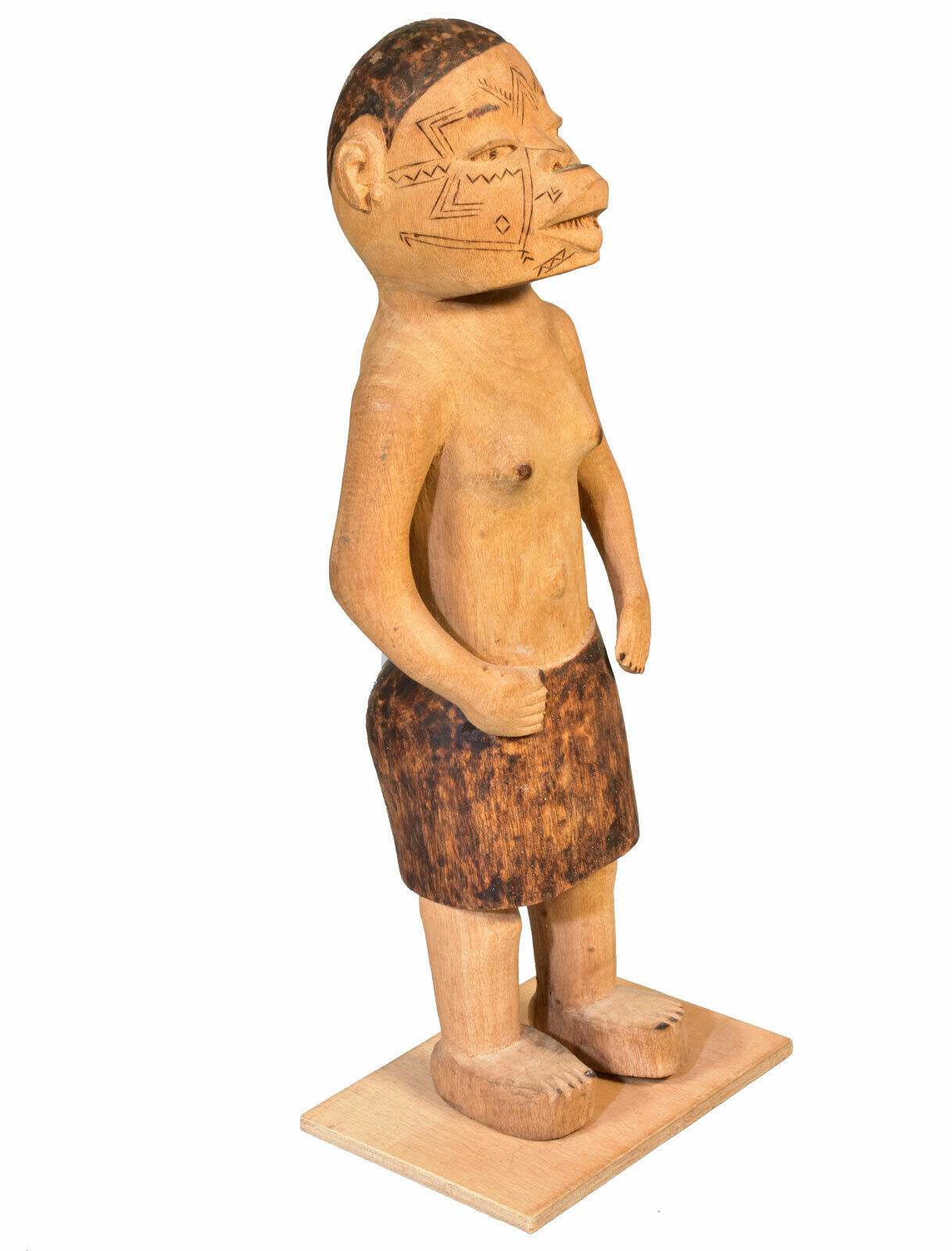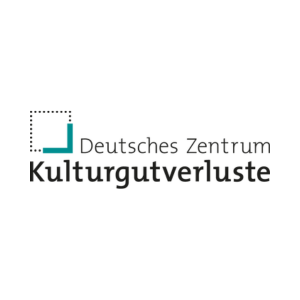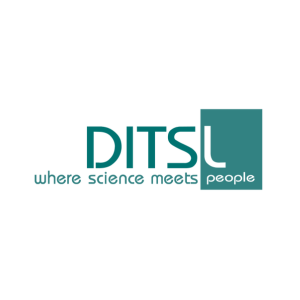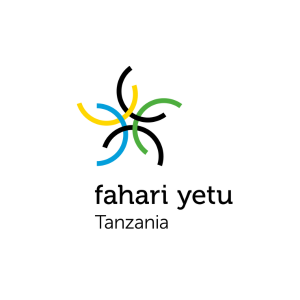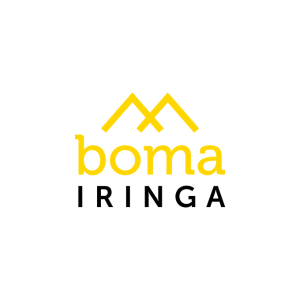The conference is an outcome of the German Lost Art Foundation funded project ‘Provenance Research on the East Africa Collection of the Museum Witzenhausen’. Co-financed by the Hessian Ministry of Science and Arts, it is hosted by the Museum Wiesbaden (MuWi) in cooperation with the project implementing partners German Institute for Tropical and Subtropical Agriculture (DITSL) and fahari yetu Tanzania. The conference aims to advance the academic and public dialogue on how to deal with colonial history and heritage in Hesse, Germany, Tanzania and beyond.
September 23—24, 2024
09.00—18.00 hrs
Venue:
Museum Wiesbaden
Friedrich-Ebert-Allee 2
65185 Wiesbaden
Germany
Contact:
ethnologie@museum-wiesbaden.de
DAY 1
9:00—10:00
Morning tea and registration
10:00—11:00
Welcome and opening
11:00—12:50
Panel 1 — provenance research on the East Africa collection of the Museum Witzenhausen
Chair: Valence Silayo, University of Dar es Salaam
1 Jan Kuever (DITSL Witzenhausen ⁄ fahari yetu Tanzania) Presentation and evaluation of project experiences and results
2 Herry Titus (fahari yetu Tanzania) Film documentary: fahari yetu Tanzania provenance research
3 Jimson Sanga (fahari yetu Tanzania) Knowledge sharing and translation: Ethnographic research in possible communities of origin
4 Eliabu Mbonimpa (fahari yetu Tanzania) Endangered stories of enchanted places: Art as a medium of preserving and transmitting oral traditions
5 Kepha Ngakonda (Evangelical-Lutheran Church in Tanzania — Southern Diocese Archives Department) Impacts of the Berlin Mission Society in the Southern Highlands of Tanzania
12:50—14:10
Lunch break
14:10—16:00
Panel 2 — subject and scope of colonial collecting
Chair: Andy Reymann, Museum Wiesbaden
6 Richard Kuba (Goethe University Frankfurt, Frobenius Institute)
Decolonizing the archive, or how to deal with a complicated past
7 Rainer Broemer (Philipps-University Marburg, Institute of the History of Pharmacy and Medicine)
Colonization without colonies: Collecting in the hinterland
8 Marion Hulverscheidt ⁄ Linda Knop ⁄ Maximilian Preuss (Kassel University, Department of History) Between bewilderment, triumph and shame: Provenances and trajectories of colonial hunting trophies in German Museums
9 Holger Stoecker (University of Goettingen, Seminar of Medieval and Modern History) Human remains from Tanzania in anthropological collections in Göttingen: Provenances and historical contexts
10 Ina Heumann (Museum of Natural History Berlin) Dinosaurs, labour, ownership: On the politics of natural heritage
16:00—17:00
Coffee table
19:00—21:00
Evening event
Andy Reymann ⁄ Museum Wiesbaden Welcome and introduction
Caligari Movie Theatre Wiesbaden: Film screening and discussion: „The Empty Grave“, Reception
DAY 2
9:00—9:30
Morning tea and registration
9:30—10:40
Panel 3 — concepts and methods for dealing with collections
Chair: Jimson Sanga, fahari yetu Tanzania
11 Josefine Neef (Weltkulturen Museum Frankfurt) Towards systematic provenance research on collections of colonial origin in German museums
12 Eva Kuenkler (Leibniz-University Hannover, Department of History) German normative frameworks for colonial collections and spoils of war
13 Hans Peter Hahn (Goethe University Frankfurt, Department of Social and Cultural Anthropology) What is the value of museum collections from colonial contexts? Notes from the perspective of collection economies
10:50—12:30
Panel 4 — case studies
Chair: Mareike Späth, NLMH
14 Martin Nadarzinski (Lippe State Museum Detmold) Cameroon in Detmold: Collection archaeology in the Lippe State Museum
15 Andre Burmann ⁄ Markus Scholz (Sankt Georgen Graduate School of Philosophy and Theology Frankfurt) Catholic collecting of cultural assets: Two missionary collections in Hesse and their contested items
16 Valence Silayo (University of Dar es Salaam ⁄ Linden Museum Stuttgart) The cultural heritage and possessions of our ancestors define our cultural identity: A glance into the Chagga collection at the Linden
Museum
17 Noemie Arazi ⁄ Deonis Mgumba (Royal Museum for Central Africa Brussels ⁄ fahari yetu Tanzania) Congo–Arab heritage in historical narratives in the Dar es Salaam, Coast, and Tabora regions of Tanzania
12:30—13:50
Lunch break
13:50—15:30
Panel 5 — international cooperation and knowledge transfer
Chair: Deonis Mgumba, fahari yetu Tanzania
18 Michael Kraus (University of Goettingen, Institute of Social and Cultural Anthropology) Reciprocal influences between Iringa and Göttingen: Knowledge exchange on museum work and university teaching
19 Mareike Späth (Lower Saxony State Museum Hannover) From Iringa to Hannover and back again: Connecting people, knowledge, and museums
20 Sebastian Moellers (Museen Stade) The framework determines the possibilities: Lessons from the Karl Braun Amani research project — what cooperation at eye level means and requires 21 Anna-Maria Brandstetter (Johannes Gutenberg University of Mainz, Department of Anthropology and African Studies) Against all odds:
A plea for slow provenance research
15:40—16:30
Conclusion and outlook
Chair: Jan Kuever, fahari yetu Tanzania ⁄ DITSL
16:30—17:00
Coffee table
Noemie Arazi / Deonis Mgumba, Royal Museum for Central Africa Brussels/fahari yetu Tanzania
Anne Brandstetter, Johannes Gutenberg University of Mainz, Department of Anthropology and African Studies
Rainer Brömer, Philipps-University Marburg, Institute of the History of Pharmacy and Medicine
André Burmann / Markus Scholz, Sankt Georgen Graduate School of Philosophy and Theology Frankfurt
Hans Peter Hahn, Goethe University Frankfurt, Department of Social and Cultural Anthropology
Ina Heumann, Museum of Natural History Berlin
Marion Hulverscheidt / Linda Knop / Maximilian Preuss, Kassel University, Department of History
Michael Kraus, University of Goettingen, Institute of Social and Cultural Anthropology (GISCA)
Jan Kuever, DITSL Witzenhausen, fahari yetu Tanzania
Richard Kuba, Goethe University Frankfurt, Frobenius Institute
Eva Künkler, Leibniz-University Hannover, Department of History
Eliabu Mbonimpa, fahari yetu Tanzania
Sebastian Möllers, Museen Stade
Martin Nadarzinski, Lippe State Museum Detmold
Josefine Neef, Weltkulturen Museum Frankfurt
Kepha Ngakonda, Evangelical-Lutheran Church in Tanzania – Southern Diocese Archives Department
Jimson Sanga, fahari yetu Tanzania/University of Iringa
Valence Silayo, University of Dar es Salaam/Linden Museum Stuttgart
Mareike Späth, Lower Saxony State Museum Hannover (NLMH)
Holger Stöcker, University of Goettingen, Seminar of Medieval and Modern History
Herry Titus, fahari yetu Tanzania
